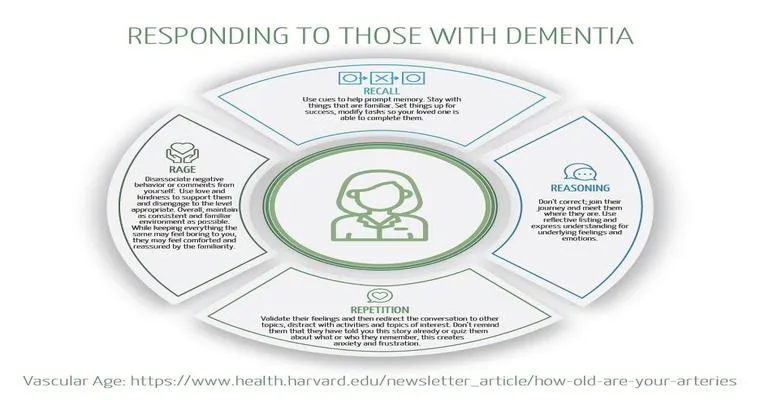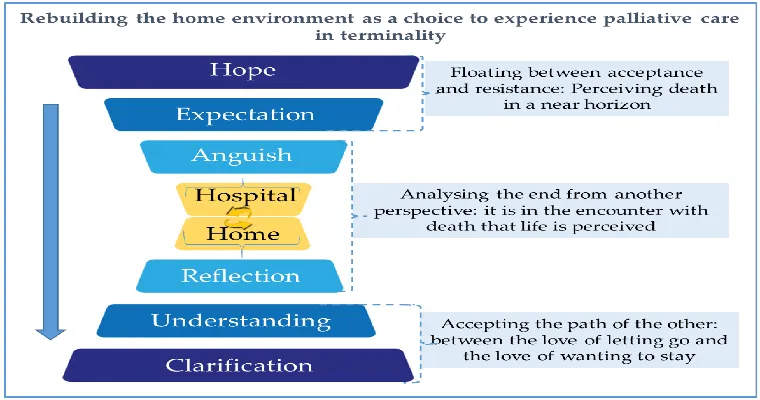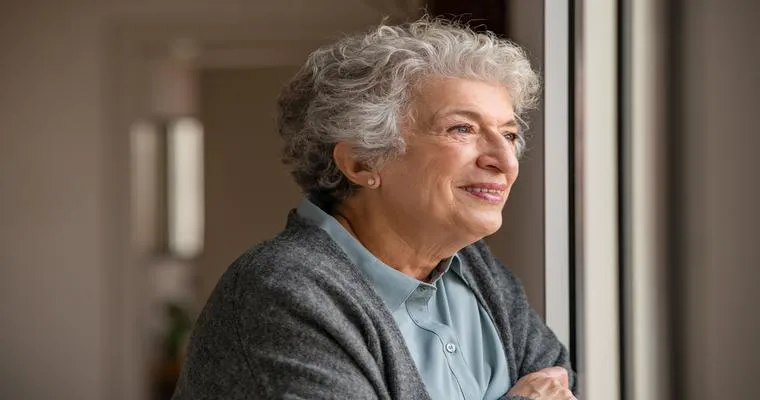When caring for individuals with "dementia", the approach a caregiver takes can significantly impact the emotional well-being of the person affected. One technique that has gained attention is "validation therapy", which aims to acknowledge and accept the feelings and experiences of those with dementia. However, the question arises: is using validation for dementia calming or condescending? This article explores the nuances of validation therapy and its implications for both caregivers and patients.
Validation therapy is grounded in the idea of empathizing with the individual’s feelings rather than correcting them. This method can be particularly useful for people with dementia, as their reality may differ from that of caregivers. By validating their emotions, caregivers can create a supportive environment that may reduce the anxiety and frustration often associated with dementia. Many caregivers report that using validation leads to more peaceful interactions and helps the individual feel understood and respected.
On the other hand, some critics argue that validation can sometimes come off as condescending. They worry that caregivers may use validation as a way to placate individuals with dementia rather than genuinely engaging with them. This concern highlights the delicate balance caregivers must maintain between providing support and ensuring that their approach does not unintentionally undermine the dignity of the person they are caring for. It is essential to navigate this balance thoughtfully to avoid any perception of condescension.
For validation to be effective and respectful, it is crucial for caregivers to be mindful of the context and the individual’s unique experiences. Active listening, empathy, and genuine engagement are vital components of successful validation therapy. Caregivers should strive to connect with the individual on a personal level, recognizing their feelings without dismissing or belittling them. This approach can foster a sense of safety and emotional connection, making it more likely that validation will be received positively.
In conclusion, validation therapy can be both calming and empowering when applied correctly. It offers a valuable tool for caregivers seeking to support individuals with dementia while respecting their emotional experiences. However, it requires a careful and thoughtful approach to avoid any semblance of condescension. By understanding the importance of empathy and active listening, caregivers can create a nurturing environment that truly honors the dignity of those they care for while effectively using validation as a therapeutic tool.





